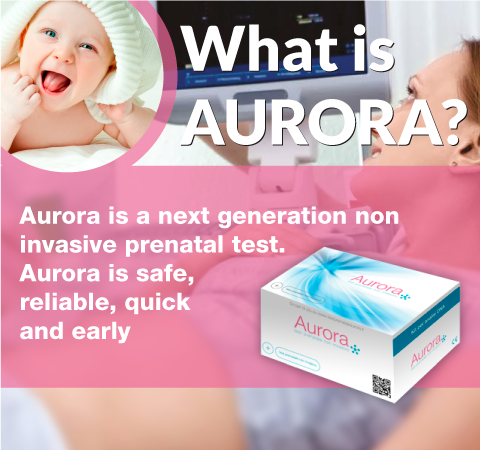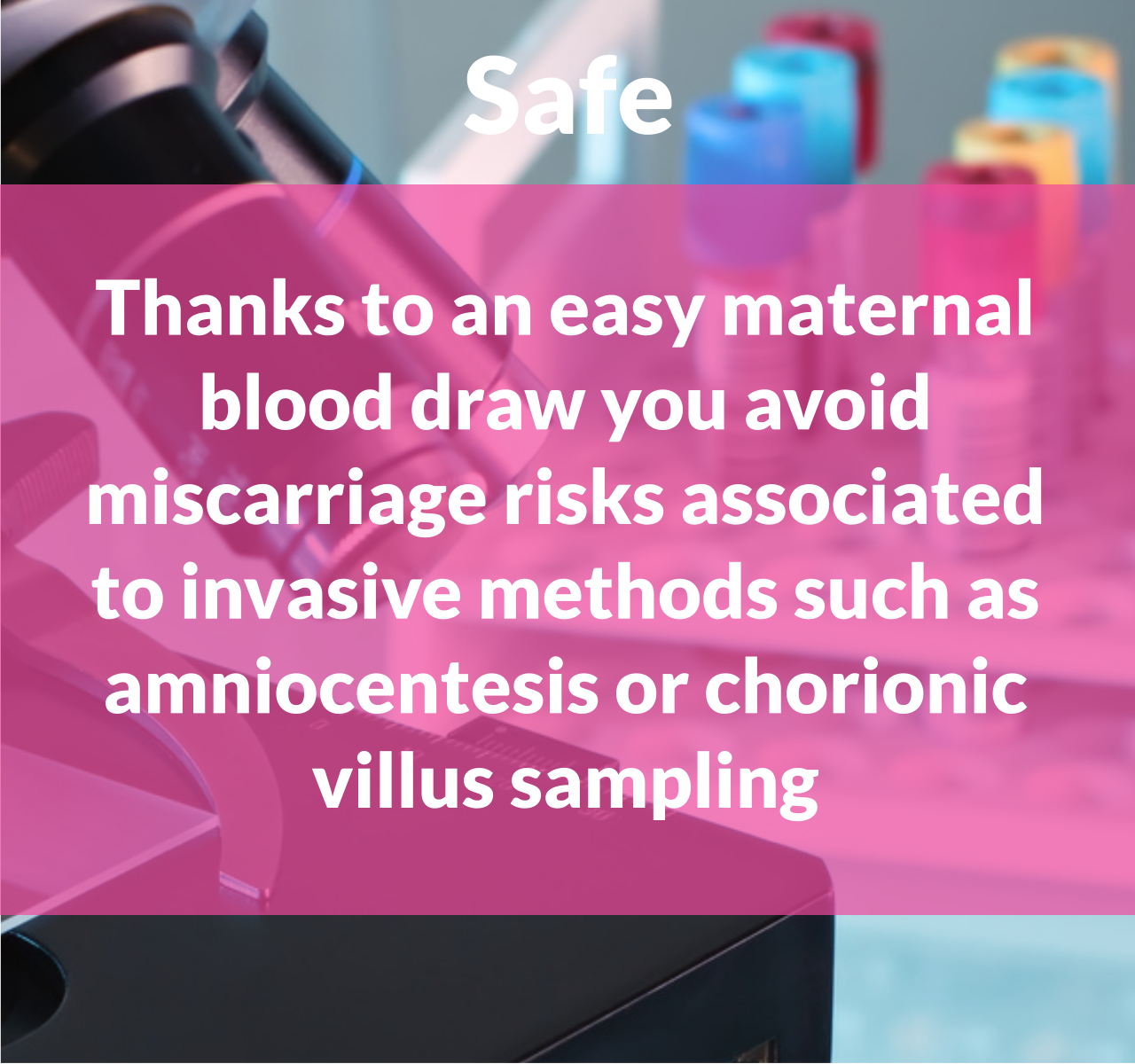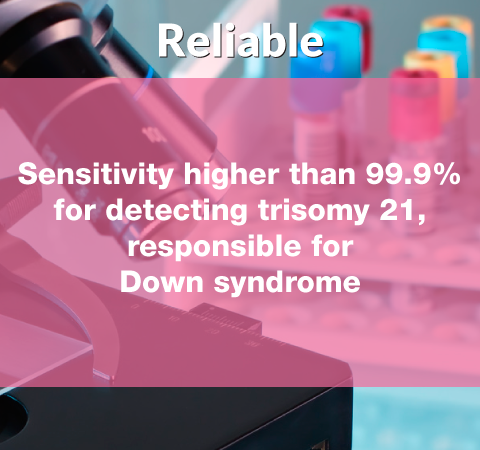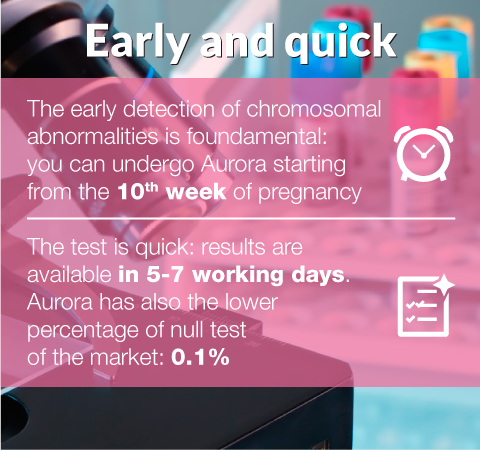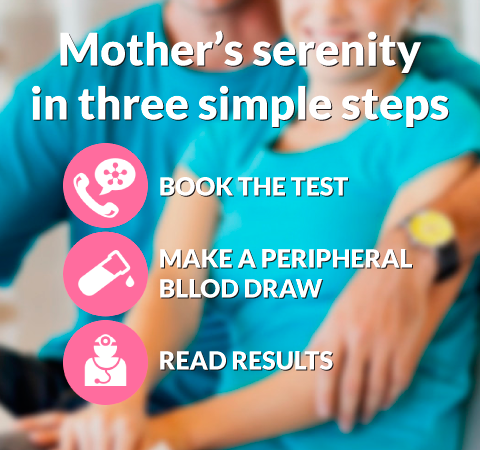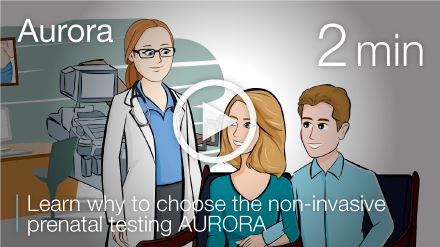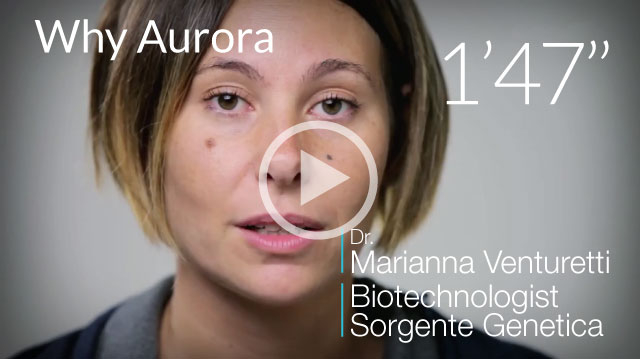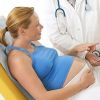In the case of breast cancer, genetic testing can be a valuable source of information. Yet only half of the women who would benefit from it do it. Because? A study by Professor Steven J. Katz of the University of Michigan has investigated the possible reasons.
According to the study author, the surgeon's approach to genetic testing is crucial. The researchers interviewed 3,910 women with early-stage breast cancer. They then examined the approaches of the 370 surgeons who took care of them. It was found that only 27% of women had the genetic test, including 52% of women at high risk. This despite what is reported in the guidelines.
The guidelines recommend testing for all women at risk for genetic mutation. The risk factor is determined based on age, family history, tumor characteristics. Women with very high risk - around 20% - were more likely to have had the genetic test done. For the others, however, the surgeon's advice was crucial.
The doctor's advice determined a 17% variation in the probability of carrying out the test or not. Some doctors have insisted more than others on the importance of genetic testing, beyond the level of risk. Depending on the doctor, the likelihood of a woman at risk taking the test ranged between 26% and 72%.
At a later stage, the researchers asked the doctors what they thought of genetic tests. They found that the skills in this regard were very variable, as well as the tendency to advise them or not. This suggests that more training is needed so as to bring medical professionals to a level that is at least similar.
med.umich.edu






